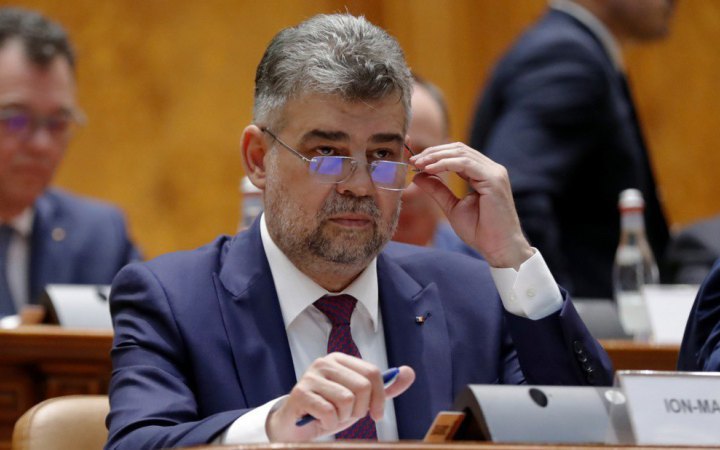Poland, Hungary, and Slovakia decided to extend the embargo on imports of Ukrainian agricultural products, despite the European Commission's decision to lift the restriction on 15 September. Instead, Romania supported the export of Ukrainian grain and intends to increase the volume of its transit through its territory over the next month.
"Despite the lack of agreement from the European Commission, I say to all farmers across Poland, we will continue the ban on imports of Ukrainian grain," said Polish PM Mateusz Morawiecki.
Poland's ban will take effect at midnight on 16 September.
Hungarian Agriculture Minister István Nagy said that Hungary has imposed a ban on imports of 24 types of Ukrainian agricultural products. These include grain, vegetables, some meat products, honey, etc.
Slovakia also announced the extension of the ban. This means a ban on imports of wheat, corn, rapeseed and sunflower seeds at the national level until the end of the year.
Instead, the Romanian government agreed to a compromise and expects Ukraine to present an Action Plan on effective export control measures to prevent grain market distortions. Ukraine has to present the Action Plan by the end of 18 September.
In addition, Romanian PM Marcel Călacu said in an interview with the Austrian Der Standard that Romania supports the export of Ukrainian grain and intends to increase the volume of its transit through its territory over the next month.
"We have to support Ukraine in exporting its grain. Over the next month, we will try to increase the amount of grain transported through Romania from two to four million tons," Călacu said.
The Romanian PM noted that the country has invested heavily in ports on the Danube and in Constanta. He called on other European countries to impose more strict restrictions on goods from Russia, in particular, Russian gas.
"Yes, completely ban it! Because there is a very big difference between what we are losing, namely a little comfort, and what is happening in Ukraine. You also have to keep in mind what will actually happen if the Russian Federation wins. Will we not create an opportunity for people like Putin to multiply in other European countries," Călacu said.
He expects that the EU will be able to completely abandon Russian fuel in the near future.
On 15 September, the European Commission announced that it would not extend restrictions on imports of Ukrainian agricultural products. For its part, Ukraine has to take effective measures to control exports of four groups of goods starting 16 September to prevent any market distortions in neighbouring member states.
Earlier, Bulgaria supported the resumption of exports of Ukrainian agricultural products after 15 September. The relevant decision was adopted by the Parliament.
Prior to that, Denys Shmyhal said that Ukraine would apply to the World Trade Organisation (WTO) arbitration if Poland extends the ban on imports of Ukrainian grain after 15 September.
In his evening address on 15 September, President Volodymyr Zelenskyy addressed the issue of exports of Ukrainian agricultural products and said that if the neighbours' decisions were not neighbourly, Ukraine would respond in a civilised manner.








